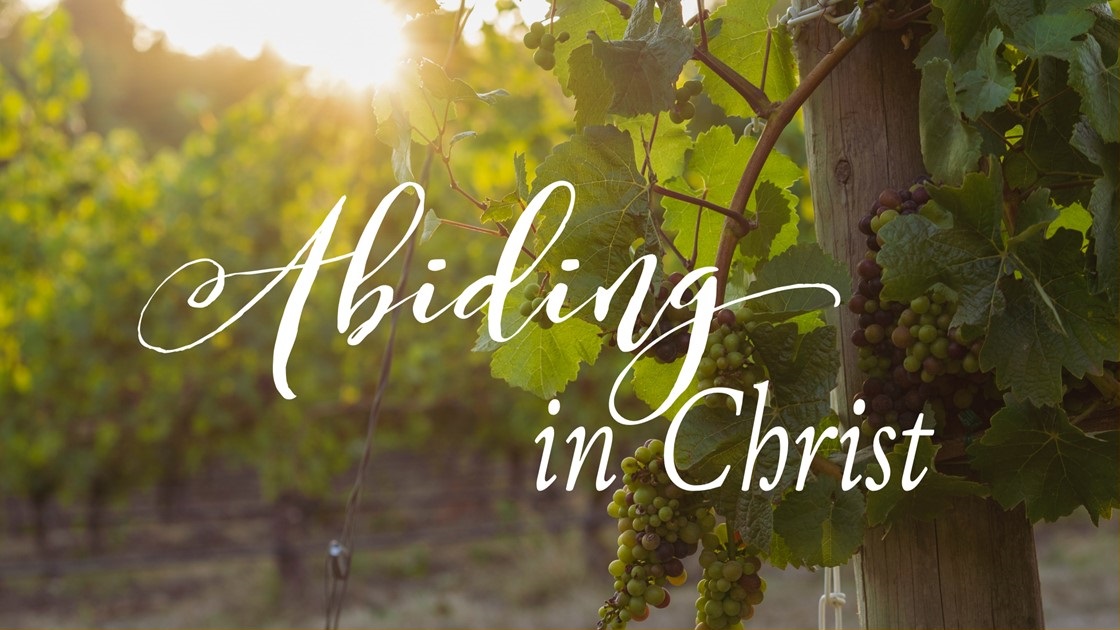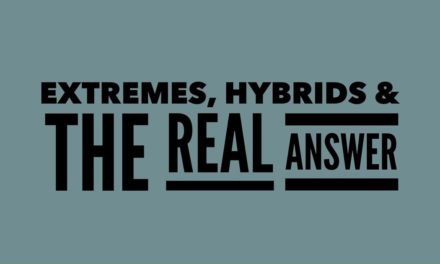In John 15:4-5, Jesus says, “Abide in me, and I in you. As the branch cannot bear fruit of itself, except it abide in the vine; no more can ye, except ye abide in me. I am the vine, ye are the branches: He that abideth in me, and I in him, the same bringeth forth much fruit: for without me ye can do nothing.”
When I was in grad school, the Lord stirred my heart to lead people to Christ. Soon I saw the great promise of Jesus that when you abide in Christ and He abides in you—you bear much fruit. What a promise! Then I wondered, what does it mean to abide?
Abiding is not flesh-dependence. It is not our attempts to “just obey” as if we can obey through mere self-effort. Jesus said in the context of abiding that without Him we are not able to do anything that counts.
Once I was in a meeting where I overheard a lady speaking to her pastor with hope and excitement. She showed him a little booklet whose author taught that abiding meant dependence on God. This teaching brings hope because if abiding means anything other than faith, it is beyond us. But if abiding does means faith, then there is hope because faith is not a work; it’s dependence on God to work. So with excitement and hoping for affirmation, she said to her pastor “Is that what it means?” He replied bluntly, “No. It means just obey.” Her exuberant smile vanished as she walked away deflated.
The next night, I preached on Galatians 2:20 and emphasized from that text that Christ lives in us…by faith. The provision of Christ’s life in us is constant, but the access and full benefit of His indwelling life is through faith. I used an illustration of a hot air balloon and staying in (abiding in) the basket to emphasize dependence on Christ. After the service, this same lady, now with restored joy, came running up to me saying, “I knew it! I knew it! Abiding is dependence!” She was right. The “just obey” theology cannot be correct because it ignores Jesus’ claim, “without me ye can do nothing.”
Abiding is not fatalism. Some think that abiding is characteristic of all believers. This implies if you’re saved, it is automatic or inevitable that you will abide. But does the context support this claim?
Early in His teaching on life in the true vine, Jesus acknowledged that the eleven disciples who were presently with Him were “clean through the word” (John 15:3). The reference here is to salvation, made clear through comparison with what He had said to the twelve before Judas left the upper room, “ye are clean, but not all” (John 13:10). After acknowledging that the disciples were clean and thus true believers, Jesus then commands in the next verse, “Abide in me, and I in you” (John 15:4). Logically, if abiding was automatic for every saved person, Jesus would never need to command His disciples to abide in Him.
In the John 15 address on abiding, Jesus gave only two imperatives, and the first is “Abide in me.” The imperative mode implies the matter of abiding is not an inevitability, but rather, a responsibility.
Since abiding is not flesh-dependence or fatalism, what is it?
Abiding is faith. It is the picturesque word for dependence. Jesus plainly said, “Abide in me and I in you…He that abideth in me, and I in him, the same bringeth forth much fruit: for without me ye can do nothing.” Here, Jesus defines abiding by the manner in which He used the word (and usage determines definition). When Jesus said, “Abide in me…for without me ye can do nothing” He implied, “with me you can do everything you ought to do.” The key is dependence on Jesus. God-dependence accesses Spirit-enabling. God-dependence is how we abide in Christ. Spirit-enabling is how He abides in us.
Not just obey, but trust to obey. Not an inevitability, but a responsibility—a faith response to God’s ability. God-dependence for Spirit-enabling, so that it is “I live, yet not I, but Christ.”
Christ, the true vine is the source of all life. As branches, we must abide in Christ. When we abide in Christ, He abides in us. When Christ abides in us, we bear much fruit as the Spirit enables us with the very life of Christ.

John Van Gelderen
Post Author












John, I remember many years ago when I heard you define abiding as God-dependence and I just want to say that it has made a huge difference in my personal life and ministry. I share that to encourage anyone who is stuck in the “just obey” mode.
Amen! Blessed truth!
Peter walked on water because of faith(divine enablement) not because of his own will power!